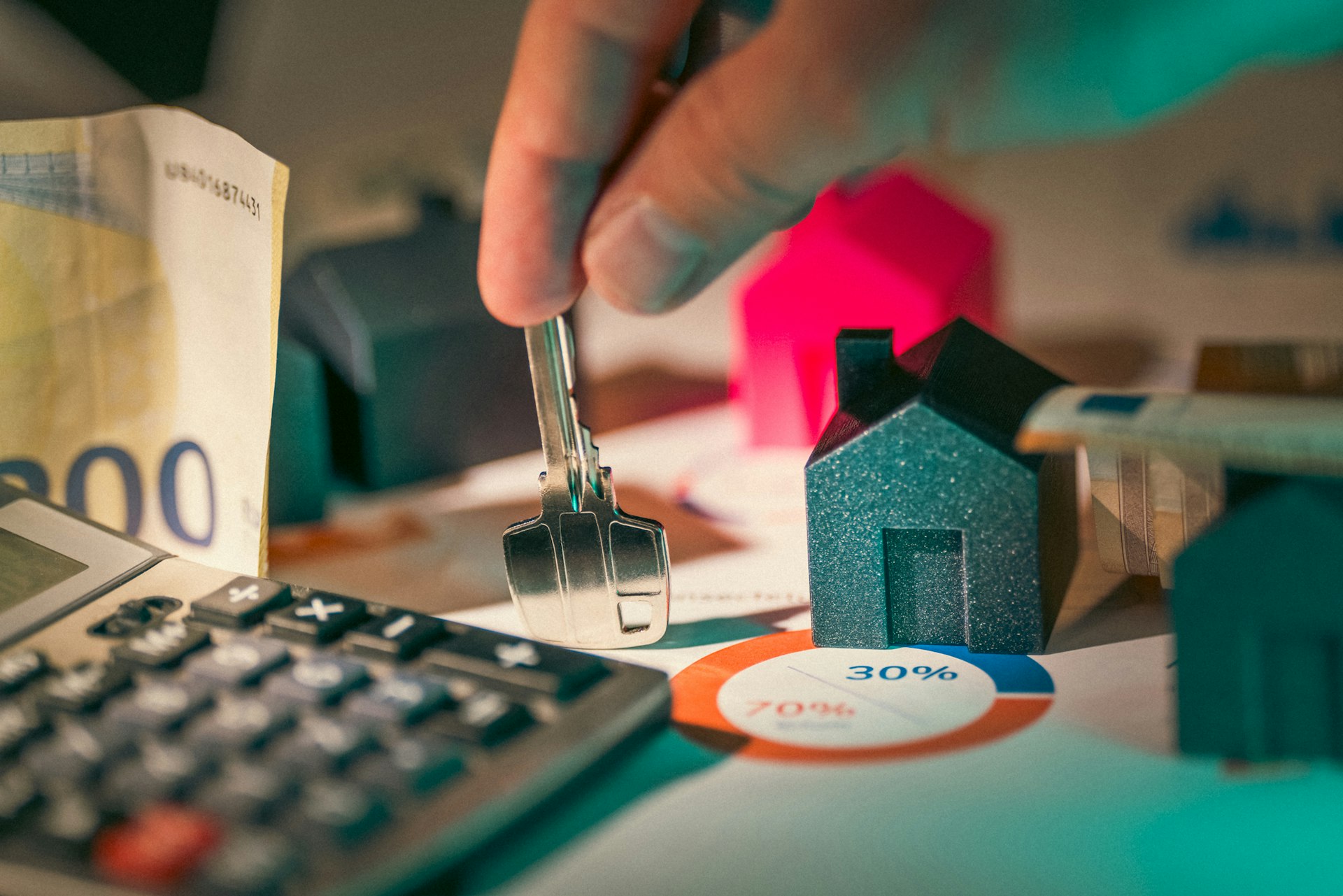Property Purchase Process in Andalusia with a Buyer’s Agent
In this blog, we will provide a detailed overview of the property purchase process in Spain, helping you to get a clearer picture of the steps involved. Additionally, we will highlight how a buyer’s representative can assist you at various stages and how they can streamline the entire purchasing process.

1. Market Research and Property Selection
A buyer’s representative real estate agency helps you understand the local market and select the most suitable properties. The agency takes into account your preferences (e.g., beachfront location, property type, proximity to transportation, etc.) and helps you find the best deals.
Thanks to the agency’s local knowledge, you will also have access to properties that may not appear on international real estate portals, ensuring you avoid the highest-priced properties that may not be the best options.
2. Legal Preparations
- NIE Number: Before purchasing, every foreign buyer needs to obtain a NIE number (Número de Identificación de Extranjero), which the real estate agency can assist in obtaining quickly and efficiently.
- Spanish Bank Account: A Spanish bank account is essential for the property purchase, and the real estate agency can help you open one. The agency ensures that the financial transactions are carried out legally and smoothly.
- Financial and Tax Advice: The agency’s financial advisors will help you find the best financing options and ensure you understand all your tax obligations, including those related to the property purchase and ongoing costs.
3. Making an Offer and Deposit
The buyer’s representative will assist in preparing and submitting the purchase offer, as well as in the negotiations to ensure you get the best price and terms.
The deposit for the property can be paid in the following ways:
- To the agency’s deposit account: This is a secure way of holding the funds, ensuring that the money doesn’t go directly to the seller until the transaction is legally finalized. The deposit account ensures compliance with all legal requirements regarding the handling of the deposit.
- Or directly to the seller’s account: If both parties agree, the deposit is transferred directly to the seller’s account, but the real estate agency and legal representatives ensure that the transfer complies with all legal and financial requirements.
The agency’s lawyers and legal team ensure that the deposit payment is properly documented and compliant with all legal requirements.
4. Sales Agreement and Notary Procedure
The real estate agency’s legal partner will assist in preparing the final sales agreement (Contrato de Compraventa), which must be signed in front of a notary.
The notary ensures that the transfer of property ownership is legal and valid. The agency makes sure all required documents are in place and that the contract complies with all legal requirements.
Arras: In Spanish property transactions, a commonly used prepayment mechanism is the Arras or precontract. This is a written agreement that confirms the intent of both the buyer and seller to proceed with the transaction before the final sales contract is signed.
The payment of the Arras serves as a guarantee for both parties:
The real estate agency helps with the proper legal preparation of the Arras and ensures compliance with all legal requirements. The agency’s lawyers and legal team assist in ensuring that the Arras is correctly documented in the transaction papers, providing legal protection for both parties.
5. Property Registration and Taxes
- Registration with the Property Registry: After the notarial deed, the property is registered in the Spanish Property Registry (Registro de la Propiedad), which officially transfers ownership to the buyer.
- Property Transfer Tax: The following taxes apply when purchasing property:
- For used properties: The tax rate is 7% of the purchase price.
- For new properties: The tax rate is 10% of the purchase price. New properties are those that have not been sold previously and have not been used.
- The agency helps you fully understand the taxes involved in the purchase and ensures that all taxes are paid on time and properly.
- Additional costs: The property registration fee, notary fees, and lawyer’s costs may arise during the transaction, which the real estate agency will assist in managing.
6. Utility Contract Transfers
The buyer’s representative assists with the transfer of utility contracts (water, gas, electricity, internet) to ensure that all services are set up and functioning smoothly once the property is taken over.
7. Additional Legal and Administrative Steps
- Property Insurance: The agency can help you select the right property insurance, which is often required, especially if you are purchasing with bank financing.
- Annual Property Tax (IBI): After the purchase, an annual property tax (IBI – Impuesto sobre Bienes Inmuebles) must be paid, which is managed by the local municipalities. The real estate agency helps you understand the tax obligations and meet the payment deadlines.
8. Investment Opportunities and Renting
If the property purchase is for investment purposes, the agency can assist in finding the best rental opportunities and ensure that the rental process is legally secure and profitable.
- Rental Advice: The agency can help you develop rental strategies to maximize your returns after purchasing the property.
9. Post-Purchase Support and Advice
After the property purchase, the buyer’s representative offers continued support, whether it’s for selling the property, renting it out, or any other related matters. You’ll always have a local expert to rely on for ongoing guidance.